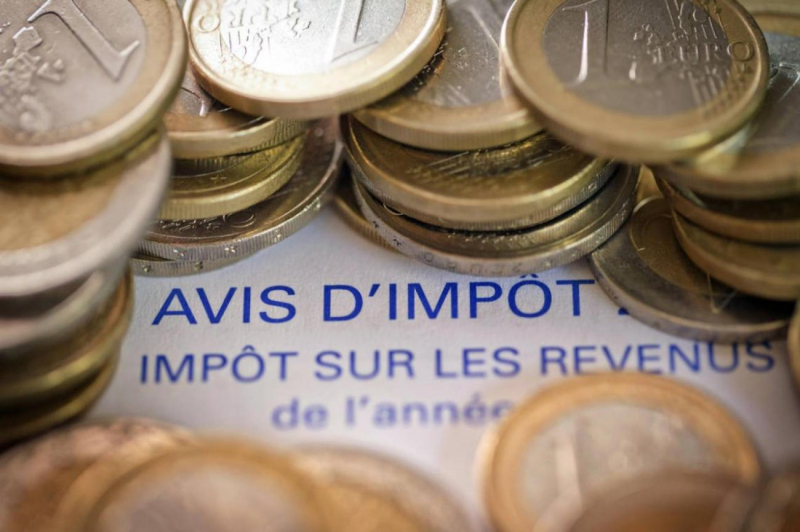
©Joel Saget/AFP
While the French government is trying to offset the public deficit by increasing taxes, its Portuguese counterpart is announcing a ten-year tax reduction to retain its young talent. The idea is to give priority to the next generation, but can this be done without increasing inequality ?
Portugal is banking on a fiscal gesture to retain its young graduates: a first year without taxes, followed by progressive reductions over a decade, the government's final card to slow the brain drain. But this measure, supposed to compensate for the lack of opportunities that match local ambitions, could well hide a deeper fracture in society.
On paper, the idea is attractive: young people under 35, earning less than 28,000 euros per year, will be spared income tax for one year, then subject to very reduced rates for the following nine years. But can we really believe that this tax incentive will be enough to stop mass emigration, which affects more than 40,000 young people each year ? “We have already had enough problems with this in the past”, warns Mario Centeno, governor of the Bank of Portugal, who fears that the tax cut combined with an expansive budget will destabilize the economy. According to Les Échos, this initiative aims as much to slow down departures as to attract young people who often feel forgotten by policies too focused on the elderly.
The danger of this strategy is twofold. On the one hand, it does not address the root causes of the problem: a stagnant job market and low wages. On the other, it exacerbates tensions between generations. The socialists have also managed to limit the effects of this measure to the middle classes, preventing the right from giving a more generous tax boost to high incomes.
While this tax reduction can be seen as a breath of fresh air for young people, it leaves the fundamental question unanswered: can a tax gift compensate for the absence of a more inclusive and equitable social project? ? In the long term, it is access to housing, decent employment and a better quality of life that will decide the future of young Portuguese people.
You liked the article ? It mobilized our editorial staff, which lives only on your donations.
Information has a cost, especially since competition from subsidized editorial staff imposes a increased rigor and professionalism.
With your support, France-Soir will continue to offer its articles for free because we believe that everyone should have access to free and independent information to form their own opinion.
You are the sine qua non condition for our existence, support us so that France-Soir remains the French media that allows the most legitimate voices to be expressed.

